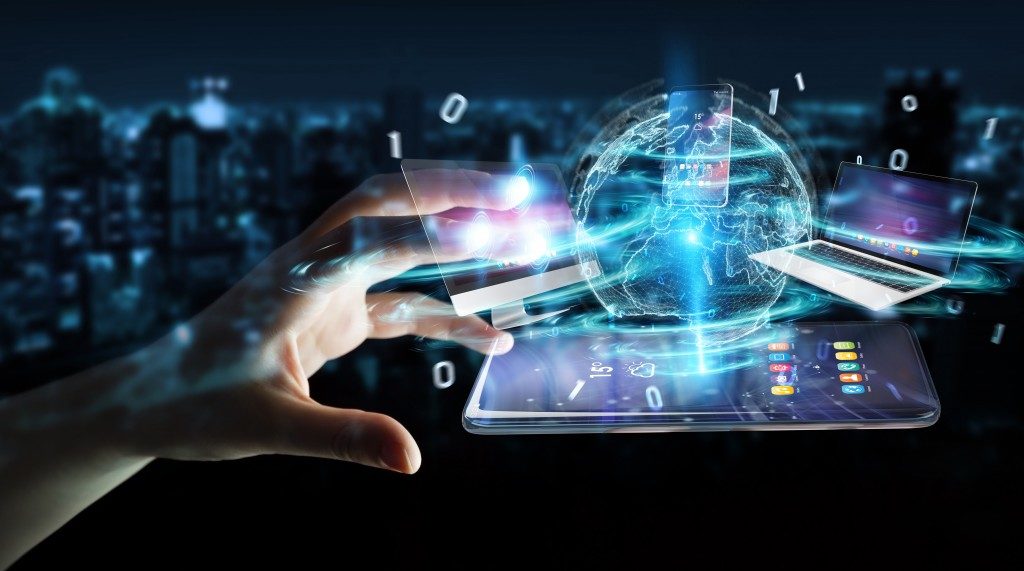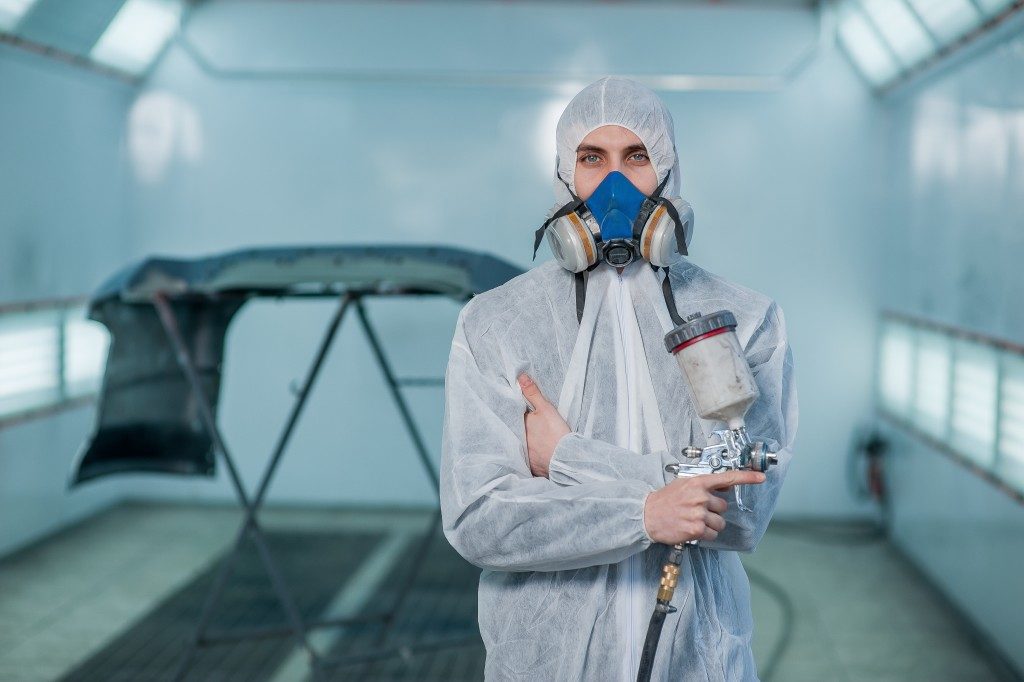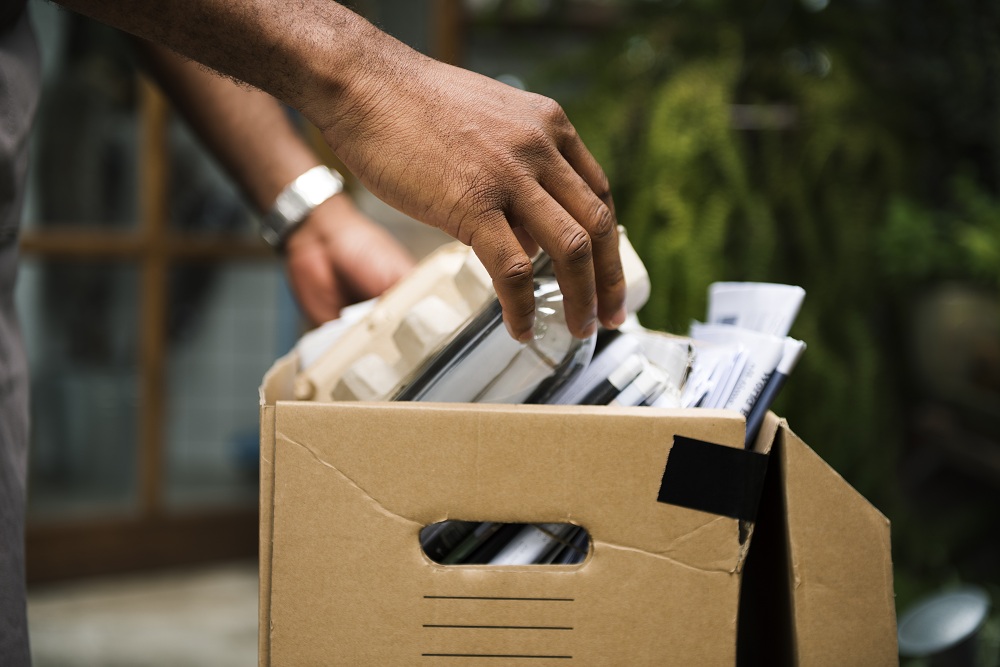The Internet of things (IoT) pertains to the connectedness of devices to the Internet to gather data, share it with other devices, and control such devices to do tasks that humans ordinarily do. Everything you hold now can be connected to the Internet, and that allows you to control things that you would have otherwise needed to manipulate manually.
In the healthcare sector, the dental industry is making use of a digital dental lab to gather as many data and information as they can about their patients. Are you aware that there are smart toothbrushes now that can see in the inside of your mouth? They can then send this data to your dentists, especially if you have plaque buildup, tooth decay, and other dental abnormalities.
Why Do Businesses Need IoT?
While it is true that devices don’t need to be connected at all times, it makes business processes easier. In the manufacturing sector, more than 35% of the industry is using connected devices to communicate the progress of the process, the condition of the materials, and the quality of the products being manufactured. One construction firm in the U.S., for example, is using sensors that can be inserted into the concrete to provide information about the material’s condition.
Healthcare
Healthcare professionals are also watching the development of IoT very closely. In 2015, excluding wearable devices, healthcare IoT devices were in the north of 95 million. By 2020, the healthcare industry expects that number to increase to 646 million.
Within the next decade, the healthcare industry will be impacted by IoT devices in terms of medical device integration and remote monitoring of patients. The HITECH Act legislation in 2009 paved the way for portal technology that allows patients to access their medical records from their computers, contact their doctors, and set up appointments. Shortly, it is believed that IoT will allow these medical devices to trigger a response based on the data they have collected.
Environment Conservation

This is also benefiting from IoT. Local governments are now able to use devices to monitor air quality, weather conditions, traffic situation, electric and water usage, and other factors that could harm the environment. The data gathered could influence legislation and regulations enacted in that state or city.
Personal Transportation
Get inside your car, and you’ll notice how much smarter today’s cars are than the models launched about five years ago. Your car knows what kind of climate you want inside the car. It knows the kind of music you want to listen to. Depending on the time, it will suggest a list of locations that you frequent at that specific time. Going to the gym or going to work? All you need to do is click on a button. A semi-autonomous car will guide you through traffic and direct you to the right roads.
But IoT does not come without challenges. It faces massive data breach and security challenges. Can you imagine what will happen to all the data these devices have collected when ransomware gets into the system? It would be a digital catastrophe. If you prefer that your devices be connected at all times, put in place security measures that will protect your private data.


